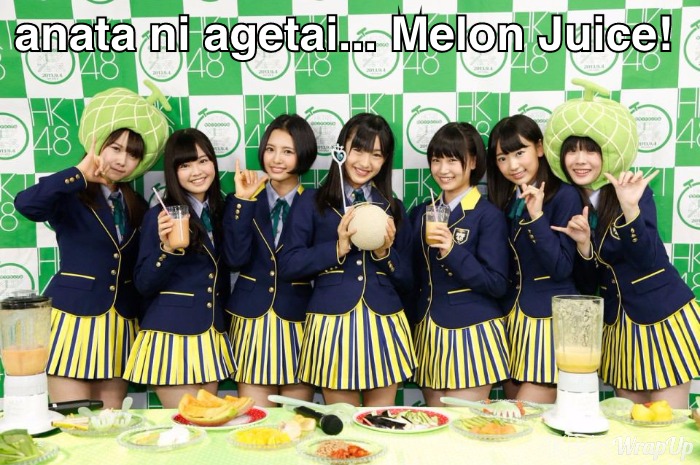
I’m going to give you all brief overview of three useful verbs in Japanese:
あげる (ageru), もらう (morau) and くれる (kureru).
Basic meanings:
Ageru: when you do something for someone
Morau: when you receive something from someone
Kureru: when someone gives you something
Ageru is always when the speaker gives something to someone
The other two are when the speaker doesn’t give, but gets/receives something.
Here are two sentences which describe the same situation, but from different perspectives:
1.「私はプレゼントを君にもらった。」(Watashi wa Present wo kimi ni moratta.)
I received a present from you.
2.「君がプレゼントを私にくれた。」(Kimi ga Present wo watashi ni kureta.)
You gave me a present.
In both these cases the speaker (me, I) did not do the giving.
Slight nuance note: もらう (Morau) has more of a ‘being grateful’ tone; that someone has done something for you and you are thankful.
That’s it for this lesson. There’s actually a bunch of other uses for these 3 verbs which I’ll cover in future lessons.
Thanks to jankenpum for the idea for this lesson!
SOURCE






